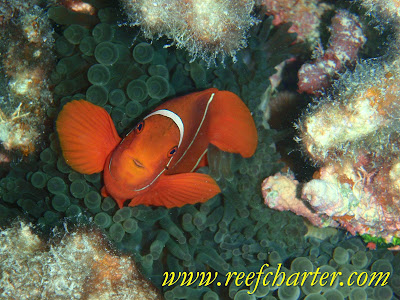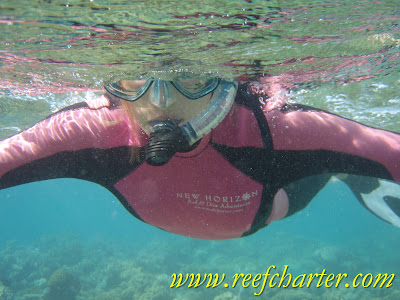“You Taking a Photo of Me?”
At a request from Rob here is an article on how to take some great photos in the water. Thanks for the suggestion Rob and hope to see you back in Australia shortly. If you have a request for an article on one of our specialties please ping us on Twitter.
1 . As with anything in the water it is best to best to be calm and relaxed and move slowly. Taking photos while in the water either diving or snorkeling takes a little practice and is better if you work with the elements rather then against them.
2. Try to time the taking of the photos with the movement of the water, wind and other environmental variables. Again do not fight them but relax move in harmony with the elements.
3.Whether snorkeling or diving work on your stability in the water that means your buoyancy and how you are able to balance and relax in the water. It will take some practice to be able to become stationary, but well worth the effort.
4. Start taking pictures of fixed objects first such as reefs, underwater structures, corals, etc first. This will help your stability above and give you confidence to be able to frame your picture later. Keep your distance steady, slowly adjust the camera. Making adjustments quickly and constantly will make for erractive and out of focus pictures.
5. Hire a digital camera, this way you can take as many pictures as you want without running out of film. It is best to hire a small compact digital camera without strobes until you get your buoyancy correct. Heavier cameras make it difficult to hold a steady shot for the beginner.
6. Let your dive instructor or guide know that you want to practice taking photos; this will allow them to pick something that will photograph well and also plan the dive appropriately so you have all the time you need to get confident.
7. Ask questions of your tour staff, they will be more then happy to show pointers and evaluate how to improve your photos if you ask.
8. Avoid crowds, dodging other divers and snorkelers will frustrate you as well as take away your focus from your job at hand. Stay with a friend and pay attention to each other to make sure you are in contact, it is very easy to get separated while taking photos.
9. Have fun and try to photograph subject matter you are interested in, this will make the process a lot more enjoyable and you’ll be surprised how quickly you improve if there is a little passion behind your photos.
10. Once you are confident and taking some good photos of corals have a go at the fish or turtles. If the fish or moving animals move away from you do not chase them. No matter how good a swimmer you think you are they are better. Relax and move on to the next object, if you are calm and relaxed they may even circle back giving you another opportunity for that perfect photo.
As you can see to start taking good photos you have to be relaxed and most of all enjoy the experience. After a short time you’ll be taking some great photos that you’ll be proud to show your friends, colleagues and relatives for years to come. Here are some of the photos that our previous guests have taken. You too can be taking some great photos on the reef in a short time also. So if you are heading to Cairns or the Great Barrier Reef we’d love to show you some of the tricks of the trade.

